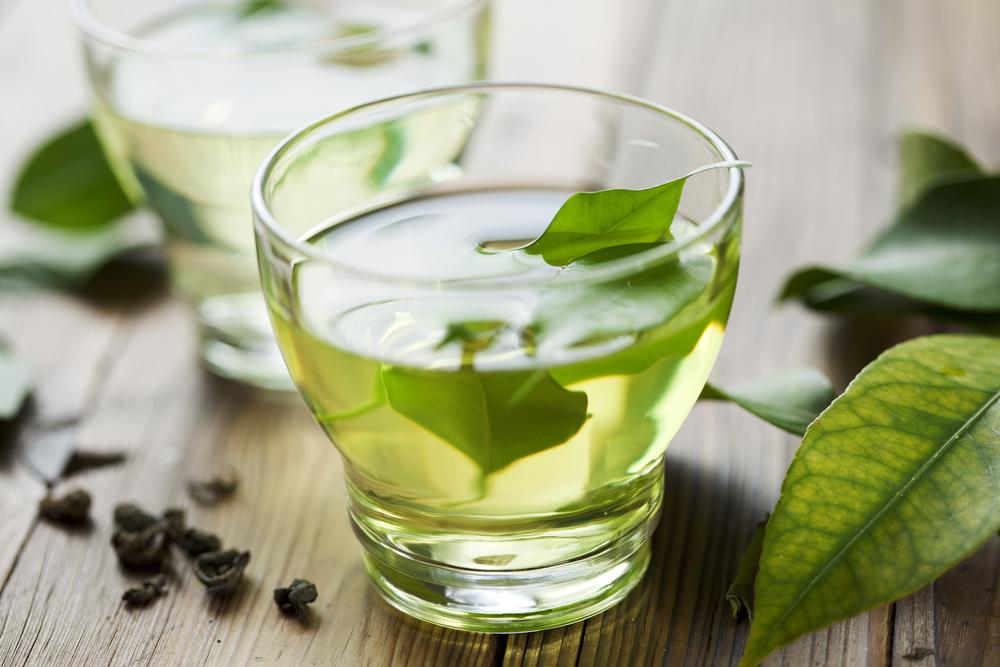Healthy Foods That Help With Sleep Apnea
Sleep apnea is a sleep disorder that causes a person to stop breathing for short periods while they are asleep. There are two types of sleep apnea— obstructive sleep apnea (OSA) and central sleep apnea, the former being the most common. OSA occurs due to blockage of the airway when the soft tissue located in the back of your throat collapses during sleep.

Diet, weight loss, and sleep apnea
If you do not want the CPAP devices and supply items to put a dent in your wallet, the only alternative is to manage sleep apnea with dietary changes. Studies show that over 60 percent of people with sleep apnea are overweight or obese. So, diet modifications are important to achieve healthy body weight. Experts suggest that instead of losing weight quickly with fad diets, it’s much better to eat the right kind of healthy foods that can help you achieve long-term, sustainable weight loss. Besides, some foods can also help soothe sleep apnea.
Top foods for managing sleep apnea
Foods with melatonin content
Mostly referred to as the sleep hormone, melatonin is a natural hormone that is produced by the pineal gland. Melatonin helps regulate the circadian rhythm of your body and promote better sleep in people with sleep apnea. It is available in the form of a supplement to help you relax and get an undisturbed sleep, but it’s always better to consider the healthy option— melatonin-rich foods. Surprisingly, a wide variety of fruits and vegetables contain this sleep-inducing hormone. Tart cherries are considered to be one of the best sources of melatonin. Some studies have also associated tart cherries with enhancing sleep quality. Additionally, nuts like walnuts, almonds, cashews, and pistachios, also contain melatonin and other nutrients such as magnesium and zinc. Other good sources of melatonin include corn, asparagus, olives, grapes, cucumber, broccoli, pomegranate, and tomatoes.
Omega-3 rich foods
Omega-3s are healthy fatty acids that help boost the production of melatonin and reduce sleep apnea. Multiple studies have also found that consuming adequate amounts of omega-3s can help improve sleep quality and duration in people of all ages. Omega-3 fatty acids are among the healthiest types of fats. Your body does not produce these healthy fats naturally, so the only way to acquire them is through foods. Fatty fish is the richest source of omega-3s as they contain EPA and DHA types of these fatty acids. The best fatty fish to add to your diet include mackerel, salmon, seabass, sardines, anchovies, and herring. If you don’t want to consume fish, you can take fish oil supplements, or acquire omega-3 from plant-based sources. Omega-3s from plants are of alpha-linolenic acid, commonly known as ALA, type. Some great vegetarian sources include walnuts, flaxseeds, chia seeds, and soybeans.
Foods high in Tryptophan
Tryptophan is a type of amino acid. Your body converts tryptophan into a neurotransmitter called serotonin. Eventually, serotonin in your body gets converted to melatonin. Many people would be happy to hear that their favorite Thanksgiving food, turkey, is loaded with high levels of tryptophan, along with huge amounts of protein that provides many health benefits. Tryptophan can also be acquired from seafood, nuts, legumes, grains, some fruits and vegetables such as apples, turnips, and bananas, and dairy products like milk, cheese, and yogurt.
Calcium-infused foods
One of the first things that come to most people’s mind on hearing the word calcium is dairy products. That is because they contain abundant amounts of calcium, along with vitamin D and proteins. Consuming dairy products is not only good for your bones and blood sugar levels but also for those with sleep apnea. Calcium is known to play a role in the production of melatonin, the hormone that helps you relax and sleep. You can find calcium in all dairy products such as milk, yogurt, and cheese. However, it’s recommended that you opt for low-fat options such as skim milk, part-skim mozzarella cheese, and low-fat yogurt to manage your weight better. Some other great sources of calcium include dark leafy greens like spinach, kale, turnips, and collard greens, and enriched bread and grains.
Whole grains
Whole grains are packed with essential nutrients and help you stay fuller for longer, promote digestion, and meet your daily fiber requirement. Research has shown that fiber-rich foods are excellent for weight loss and can also reduce sleep apnea symptoms. Experts advise replacing low-fiber bread, cereals, pasta, and snacks with 100 percent whole-grain bread, cereals, whole wheat spaghetti, brown rice, pearled barley, wild rice, and old-fashioned oats.
Foods with higher vitamin B6
Vitamin B6 foods can help with sleep apnea because it plays a key role in converting tryptophan into melatonin. These foods can also help you relax, and is also often recommended for someone coping with depression and other types of mood disorders. Fortunately, vitamin B6 can be found in many common foods such as pistachios, sunflower seeds, flaxseeds, milk, eggs, and bananas. You can also find B6 in foods like ricotta cheese, salmon, tuna, chicken liver, avocado, chickpeas, green peas, and sweet potato.











